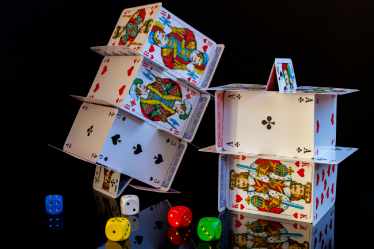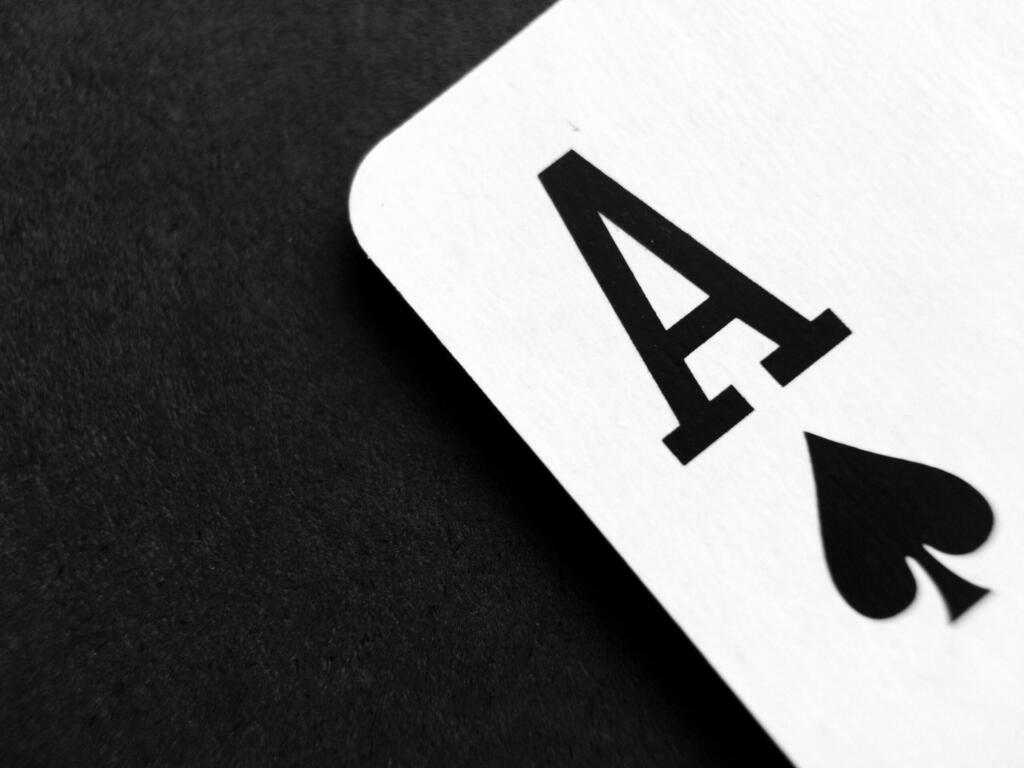The Deck of Cards
The Euchre rules state that, Euchre is played with a standard 52-card pack that can be stripped to make a deck of 32 cards (A, K, Q, J, 10, 9, 8, 7 of each suit), 28 cards (7s omitted), or 24 cards (7s and 8s omitted). In some games, a joker is added. Special Euchre decks are also available.
If you’re playing with a partner, you will need two decks of cards, so there are enough for both of you to have a hand of five cards each.





